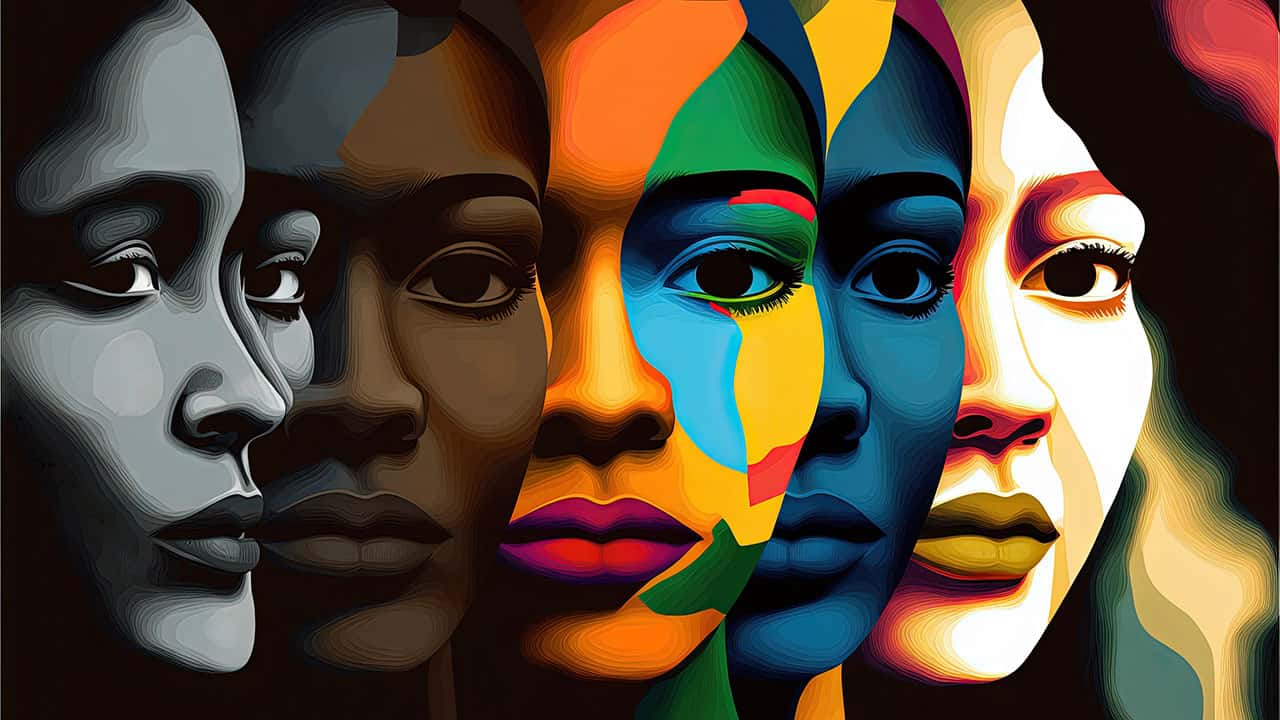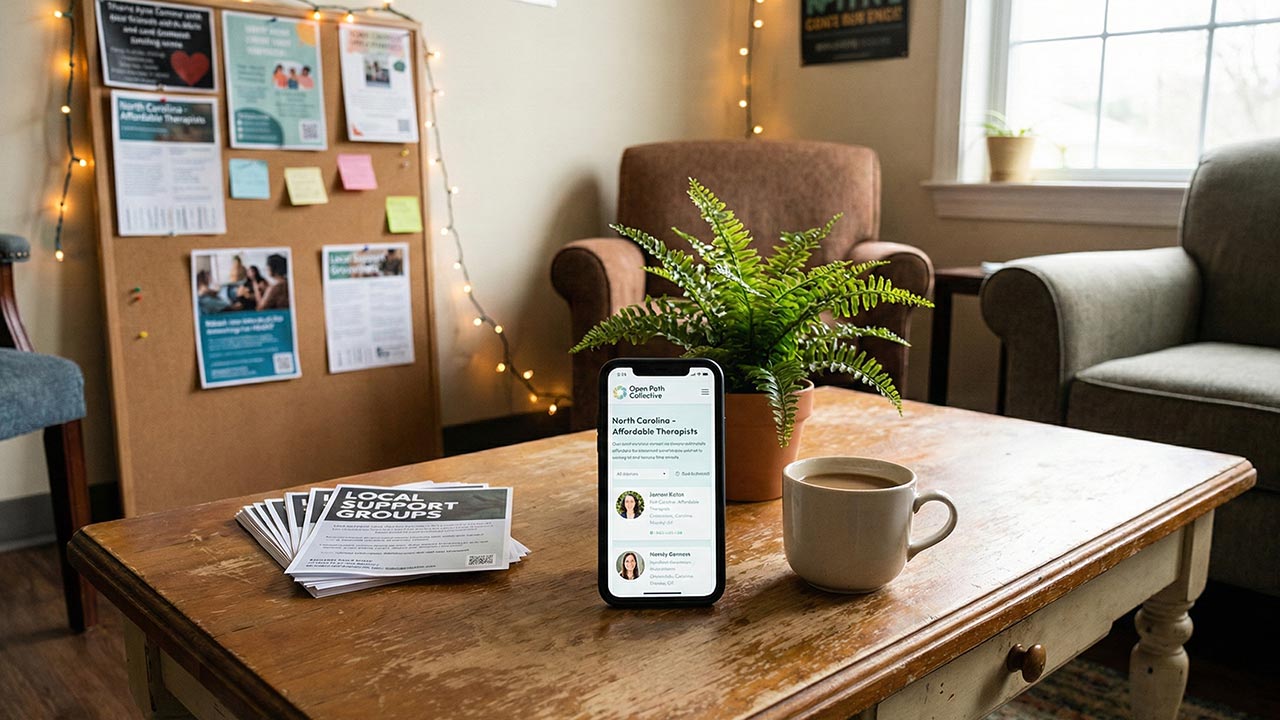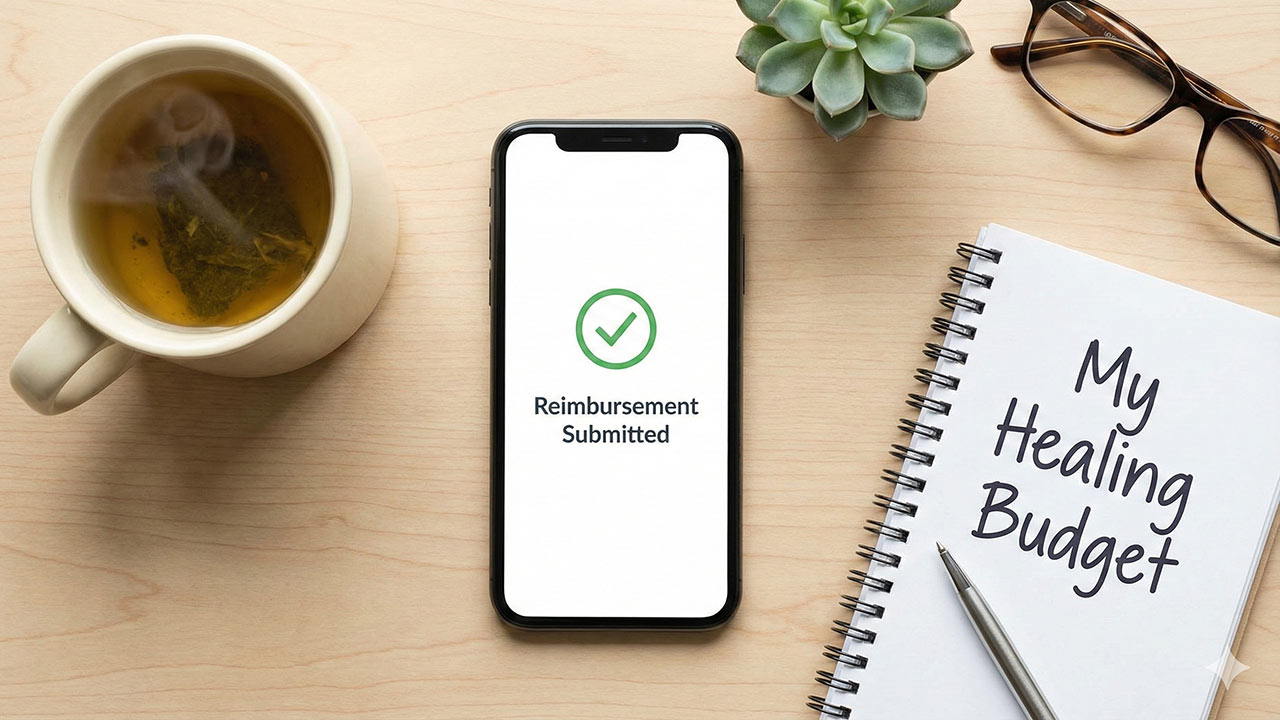The awareness of mental health’s importance has been growing in modern societies. However, for BIPOC (Black, Indigenous, and People of Color) communities, there are often unique barriers that prevent them from fully embracing and accessing the mental health support they need. This article will discuss ways to break down such barriers and how to empower BIPOC communities in prioritizing their mental well-being.
The intersectionality of race and mental health is a complex issue that requires a comprehensive approach. First, we must acknowledge and address the cultural stigma surrounding mental health within BIPOC communities. Often, there’s a fear of judgment or a perception that seeking help is a sign of weakness.
Societies can begin to correct these misconceptions by creating safe and inclusive spaces, providing culturally sensitive resources, and promoting mental health education.
Additionally, there are structural inequalities that limit access to mental health services for BIPOC individuals. These limitations include affordability, availability, and quality of care in underserved communities. To ensure equal opportunity mental well-being, we should invest in community-based programs, increase diversity in the mental health workforce, and advocate for policy change.
The Importance of Mental Health Awareness in BIPOC Communities
Mental health awareness is crucial in all communities, but it is especially important to BIPOC (Black, Indigenous, and People of Color) populations. BIPOC communities have faced oppression, trauma, and systemic discrimination that can severely impact mental health.
Understanding and acknowledging these experiences is the first step toward building a supportive environment where individuals can openly discuss mental health challenges without fear of stigma or judgment. Such understanding can pave the way for early intervention and reduce the long-term impact of untreated mental health issues.
Furthermore, increasing mental health awareness within BIPOC communities promotes a collective understanding of emotional well-being. It encourages conversations that challenge the misconceptions surrounding mental health, and help individuals realize that they are not alone in their struggles.
By normalizing discussions about mental health, we empower community members to seek help when needed and support one another during difficult times. This communal approach enhances resilience and fosters a sense of belonging and solidarity within the community.
In addition, mental health awareness initiatives can catalyze policy changes. When BIPOC communities are educated about mental health issues, they become more equipped to advocate for their rights and push for necessary resources and services.
Strong advocacies can lead to increased funding for mental health programs, improved access to care, and the development of culturally relevant services that cater to the needs of BIPOC populations.
Barriers to Accessing Mental Health Support in BIPOC Communities
Accessing mental health support is often an uphill battle for BIPOC communities due to several barriers. One significant barrier is the lack of competent mental health professionals.
Many individuals seek help from professionals who may not fully understand the cultural contexts or specific challenges faced by BIPOC populations. This disconnect can lead to feelings of alienation, discouragement, and a reluctance to pursue mental health services.
To offer effective treatment, mental health providers should have enough knowledge and skills to address the unique experiences of diverse communities.
Financial constraints also play a significant role in limiting access to mental health services. In many BIPOC communities, individuals do not have the financial means to afford therapy or counseling sessions. They also have inadequate insurance coverage that pushes them to prioritize basic needs over mental health care.
Geographic location is the third barrier to mental health support and accessibility. Many BIPOC individuals reside in underserved areas where mental health resources are scarce. Rural or low-income urban environments often lack adequate facilities, trained professionals, and community programs dedicated to mental health. This results in a significant gap in mental health services.
Addressing the major barriers requires a concerted effort from policymakers, mental health organizations, and communities to establish more accessible and equitable care.
Cultural Stigma Surrounding Mental Health in BIPOC Communities
The cultural stigma surrounding mental health is deeply rooted in many BIPOC communities, often worsening the challenges of seeking help. This stigma can manifest in various ways, including beliefs that mental illness is a sign of personal weakness, and is a poor reflection of parenthood and family management.
Such perceptions can discourage community members from discussing their mental health struggles or reaching out for support. They are afraid of being judged and misunderstood by others. Such fear leads to several untreated conditions and further isolation.
Furthermore, traditional beliefs and practices within some BIPOC cultures may prioritize community and familial obligations over individual mental health. This can result in the minimization of mental health issues, as individuals may feel pressured to conform to societal expectations.
As a result, many tend to dismiss their struggles as minor or unworthy of professional intervention. This way of thinking encourages cycles of suffering that could be alleviated through appropriate support and treatment.
One way to fight this cultural stigma, community leaders and influencers must engage in mental health discussions. There is a need for open conversations about mental health within cultural contexts to challenge harmful stereotypes.
Education and awareness initiatives tailored to the specific beliefs and values of BIPOC communities can help shift perceptions, empower individuals, and promote a more accepting environment around mental health issues.
Empowering BIPOC Communities through Education and Awareness
Education and awareness are powerful tools for empowerment within BIPOC communities concerning mental health. By providing comprehensive mental health education, individuals can better understand their mental health needs and the available tools and resources.
This knowledge can help demystify mental health issues, combat stigma, and encourage individuals to seek help when needed. Initiatives like workshops, seminars, and community outreach programs can spread information to reach those who may benefit the most.
Furthermore, awareness campaigns that highlight the importance of mental health can inspire collective action within communities. When individuals come together to share their experiences and support one another, it builds solidarity and shared responsibility.
Campaigns can strengthen community bonds and encourage individuals to prioritize their mental health and fight for systemic changes that promote well-being.
Lastly, empowering BIPOC individuals through education can lead to increased representation in mental health professions. As more individuals from diverse backgrounds pursue careers in mental health, they can bring unique perspectives and understandings to the field.
This representation is essential for creating more inclusive and culturally sensitive mental health services that cater to the needs of BIPOC populations. Investing in education and training for aspiring mental health professionals within BIPOC communities is a crucial step toward achieving this goal.
Providing Culturally Sensitive Mental Health Resources
Culturally sensitive mental health resources are essential for effectively addressing the needs of BIPOC communities. These resources should acknowledge and respect the diverse cultural backgrounds, histories, and experiences of people seeking support.
These resource materials should reflect cultural values, beliefs, and practices to ensure that individuals feel seen and understood in their mental health journeys. When resources are culturally relevant, they are more likely to resonate with people and create a sense of trust and safety in the therapeutic process.
Moreover, it is crucial to train mental health professionals in cultural competence. This training equips them with the tools needed to understand and navigate the complexities of cultural differences. It allows them to provide more effective and empathetic care.
Community-based mental health programs can incorporate culturally relevant practices and approaches to make them more relatable. By creating safe spaces where individuals can engage with mental health resources within their cultural contexts, we can encourage more people to seek help.
Breaking Down Language Barriers in Mental Health Support
Language barriers can significantly impact access to mental health services for BIPOC communities. Many community members may not feel comfortable or willing to discuss their mental health in a second or foreign language.
The fear of misunderstandings and miscommunications can further exacerbate feelings of isolation and frustration, preventing people from getting help.
To address this issue, mental health services must prioritize language inclusivity and provide resources in multiple languages. Some solutions include offering translation services or bilingual therapists.
When individuals can communicate in their preferred language, they are more likely to express their thoughts, feelings, and experiences accurately. This not only enhances the therapeutic relationship but also ensures that clients receive appropriate care tailored to their cultural and linguistic needs.
Community organizations can play a crucial role in bridging language gaps. These organizations can provide training for community members and mental health professionals on effective communication strategies. They can also create informational materials that are linguistically and culturally appropriate.
Ultimately, breaking down language barriers can ensure that BIPOC communities have equitable access to the mental health support they deserve.
Addressing Systemic Inequalities in Mental Health Care
Systemic inequalities in mental health care disproportionately affect BIPOC communities. These inequalities are often rooted in broader societal issues, including economic disparities, discriminatory practices, and historical marginalization.
To address these challenges, it is essential to advocate for policy changes that prioritize equity in mental health care. Such changes can involve increased funding for mental health programs in underserved communities, and greater accessibility and affordability of mental health services to BIPOC communities.
it is also important to increase the representation of BIPOC individuals within the mental health workforce. A diverse workforce can provide invaluable insights and understanding of the unique challenges faced by BIPOC communities. This representation can help foster trust and collaboration between clients and providers.
In addition, addressing systemic inequalities requires a commitment to continuous education and training for mental health professionals. Providing ongoing cultural competence training and encouraging practitioners to engage with the communities they serve can break the biases that exist within the mental health care system.
This holistic approach addresses the systemic issues that contribute to poor mental health services.
Supporting Mental Health Initiatives within BIPOC Communities
Community-led programs can help overcome the unique mental health challenges faced by BIPOC individuals. These initiatives often incorporate culturally relevant practices and focus on building community connections. By investing in these programs, we can empower communities to take charge of their mental health and well-being.
Collaboration between mental health organizations and community leaders is crucial for the success of these initiatives. Local leaders and influencers should engage in tailoring mental health programs that meet the specific needs and preferences of the community.
This collaborative approach makes resources accessible, relatable, and effective in addressing the mental health concerns of BIPOC populations. It builds ownership and pride in community mental health efforts and encourages individuals to actively participate in their healing journeys.
Additionally, promoting awareness of existing mental health initiatives is important so community members know where to seek help. Outreach efforts, such as community events, informational campaigns, and social media engagement can all help raise awareness about available mental health resources.
Personal Stories of Resilience and Empowerment
Personal stories of resilience and empowerment are powerful; they can inspire and uplift BIPOC communities facing mental health challenges.
Sharing these experiences can help destigmatize mental health issues, and show that seeking help is not a sign of weakness, but a courageous step toward healing. When individuals share their journeys, they create connections with others who may be experiencing similar struggles.
These stories can also highlight the importance of culturally sensitive mental health care. Showcasing experiences of BIPOC individuals who have found healing through culturally relevant resources can prove the impact of tailored support.
This not only validates the experiences of those who have struggled but also emphasizes the need for continued advocacy for equitable mental health services that resonate with diverse communities.
Furthermore, platforms that amplify personal stories can serve as valuable educational tools. Shared insights and narratives challenge misconceptions and inspire discussions about mental well-being.
This collective storytelling approach can empower individuals to take ownership of their mental health journeys and encourage communities to prioritize support and understanding for one another.
Moving towards a More Inclusive and Supportive Mental Health Landscape
The journey toward a more inclusive and supportive mental health landscape for BIPOC communities requires commitment, advocacy, and collaboration.
By breaking down the barriers that prevent individuals from accessing mental health resources, we can create an environment that values and prioritizes mental well-being.
Breaking down barriers involves addressing cultural stigma, increasing awareness, and promoting education about mental health issues within these communities.
It is important to invest in culturally sensitive mental health services and initiatives that resonate with BIPOC individuals. We also need to make mental health care accessible, affordable, and relevant to the unique experiences of diverse populations. This commitment to equity and inclusion is crucial for building healthier communities.
Additionally, by sharing personal stories, promoting awareness, and advocating for systemic change, we can create a more supportive mental health landscape.
It is time to recognize the importance of mental health in BIPOC communities and take proactive steps toward empowering individuals to embrace their mental well-being. Together, we can break down the barriers and build a future where mental health is prioritized for everyone.













